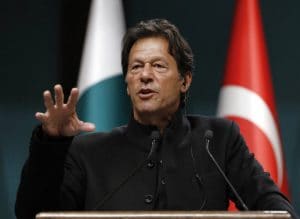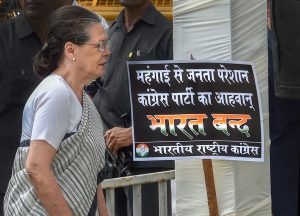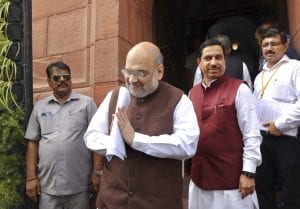Should India legalise marijuana? Making it legal can do more good than harm
Summary
If marijuana is relatively harmless, then does it make sense to build up pockets of criminals who will traffic in the substance, putting up militias, and bribing cops to make sure that their wares are protected and reach the customer.
It seems that many people in Mumbai and Delhi are somewhat buzzed as they go about their everyday lives. According to the Weed Index ,New Delhi consumes 38.26 metric tonnes of cannabis, making it the third largest consumer of the weed in the world (after New York and Karachi); and Mumbai ranks sixth in the world, consuming 32.38 metric tonnes of the stuff on an annual basis. An average joint, according to research, is about 0.32 grams, so a gram will give you 3 joints. That makes it a whopping 114 million joints a year in Delhi, and 97 million joints a year in Mumbai, that is happily consumed, if not legally.
Cannabis has been part of Indian consumption for as far back as when history begins. The Atharva Veda talks of ‘bhang’ as bringing joy. Shiva, in his mendicant form, is depicted as consuming ‘bhang’. sadhus and pirs partake in the communal chillum to try and find the supreme being. Bhang is consumed as part of religious and cultural festivals – on Maha Shiv Ratri and during holi; opium drinks are traditional in parts of Rajasthan, and opium poppy is used in sweets. And as the consumption in Delhi and Mumbai shows, it is not just about cultural mores, people in India seem to enjoy their smoke-ups – and a fair few of them seem to be indulging.
Cannabis and its derivatives have been illegal in India only since 1985, with the passing of the Narcotic Drugs and Psychotropic Substances Act. In part a commitment to the international treaty, the Single Convention in Narcotic Drugs, and in part pressure from the United States for a global agreement on its ‘war on drugs’ policy – saw India follow suit in banning something its people had been consuming for ages. And, at the stroke of a pen, a large number of people became law breakers.
And, that is in part one of the reasons why many countries and provinces across the world are legalising marijuana. The fact that there aren’t enough jails to lock up everyone who smokes up, and that it seems relatively harmless compared to some of the other things people get up to. The second reason is associated with the first. If marijuana is relatively harmless, then does it make sense to build up pockets of criminals who will traffic in the substance, putting up militias, and bribing cops to make sure that their wares are protected and reach the customer. If people are going to consume despite knowing health risks, then should the government not regulate the transaction in terms of quality, price, and consumer rights. And, should it not charge tax for providing this service? After all, our overstretched police departments have a lot more crime to catch, than some middle-aged commuter who decides to work off the day’s pent up road rage with a marijuana joint.
The total worldwide cannabis market – that includes both the illegal and the legal parts of it – is estimated at $344 billion. It is estimated that the legal market is worth $66 billion. Over 250 million people around the world consume it, and go back for more every single day. And, these 250 million people are spending their hard-earned, tax-paid earnings on marijuana. The money goes straight to those who run and manage the production pipeline – from the farm to the smoke.
Legalising marijuana, and regulating it has a four-pronged advantage. The first is that it may help farmers in certain regions to grow a much-in-demand cash crop. The second is much-needed revenue from the tax on marijuana. The third is the ability to curb the illegal trade in cannabis and clipping the wings of the mafias who undertake this work. And lastly, the biggest advantage of all – it has long been believed that terrorist groups make their money from the drug trade. Legalise it, and you will cut off a source of funding for terror. And, curbing terror maybe one of the unintended consequences of legalising marijuana.
Harini Calamur writes on politics, gender and her areas of interest are the intersection of technology, media, and audiences.
Read Harini Calamur’s columns here.

Elon Musk forms several ‘X Holdings’ companies to fund potential Twitter buyout
3 Mins Read
Thursday’s filing dispelled some doubts, though Musk still has work to do. He and his advisers will spend the coming days vetting potential investors for the equity portion of his offer, according to people familiar with the matter









 Listen to the Article
Listen to the Article  Daily Newsletter
Daily Newsletter















